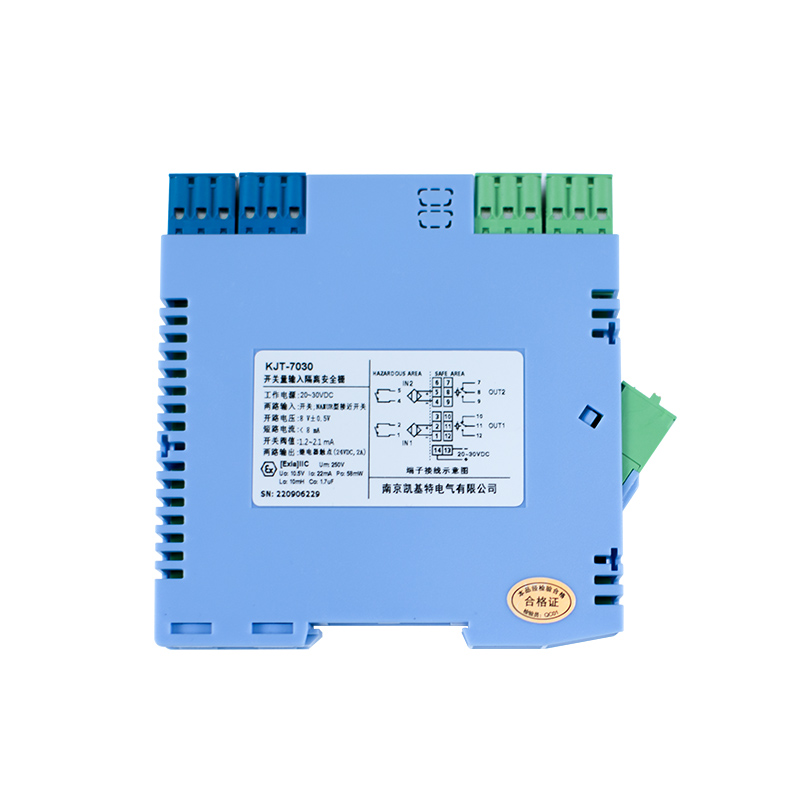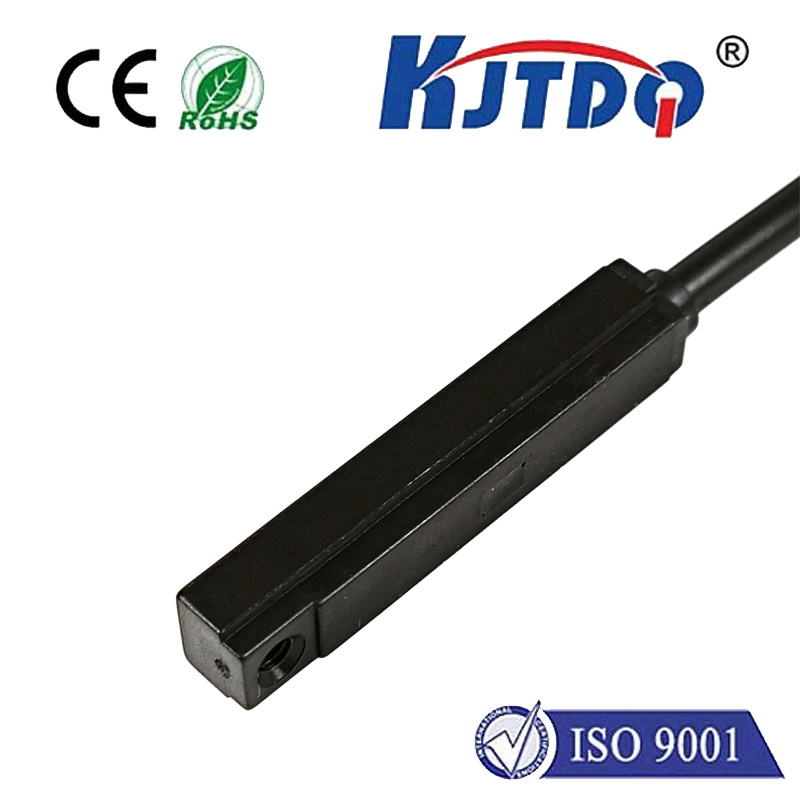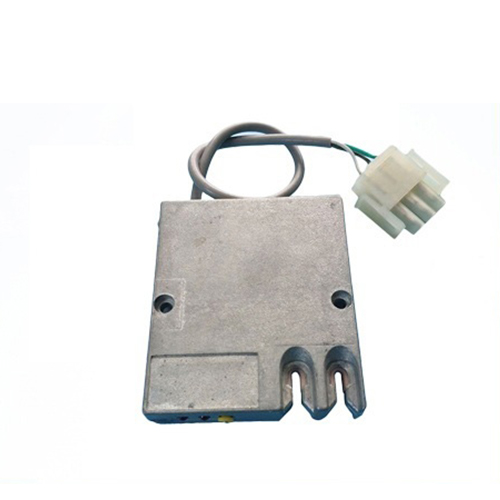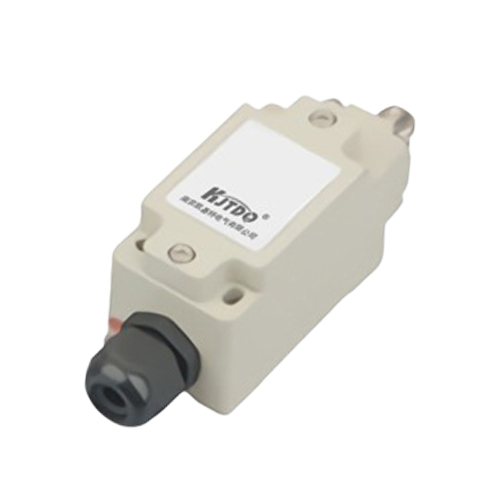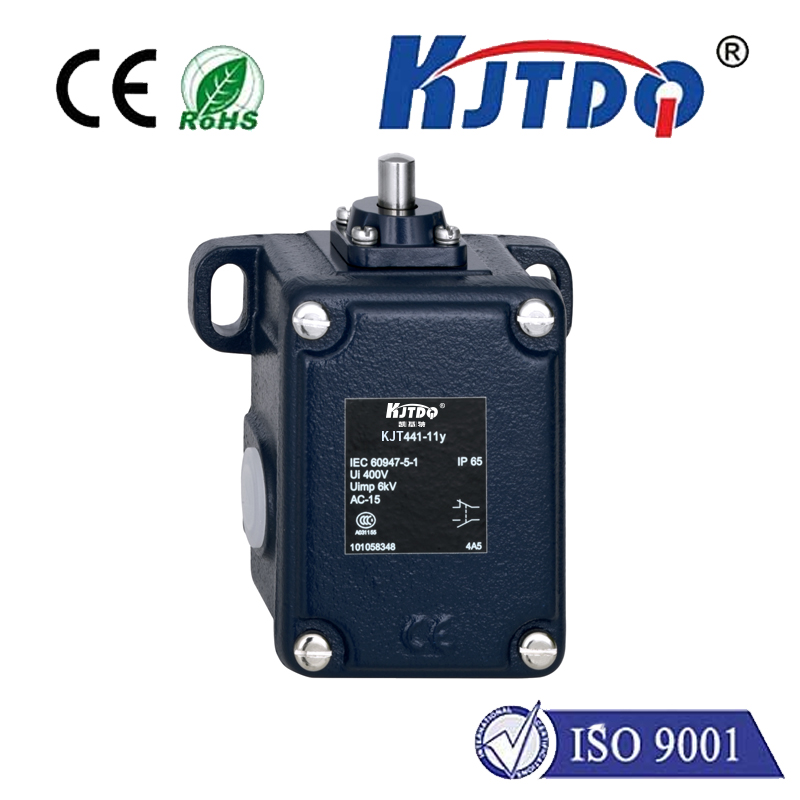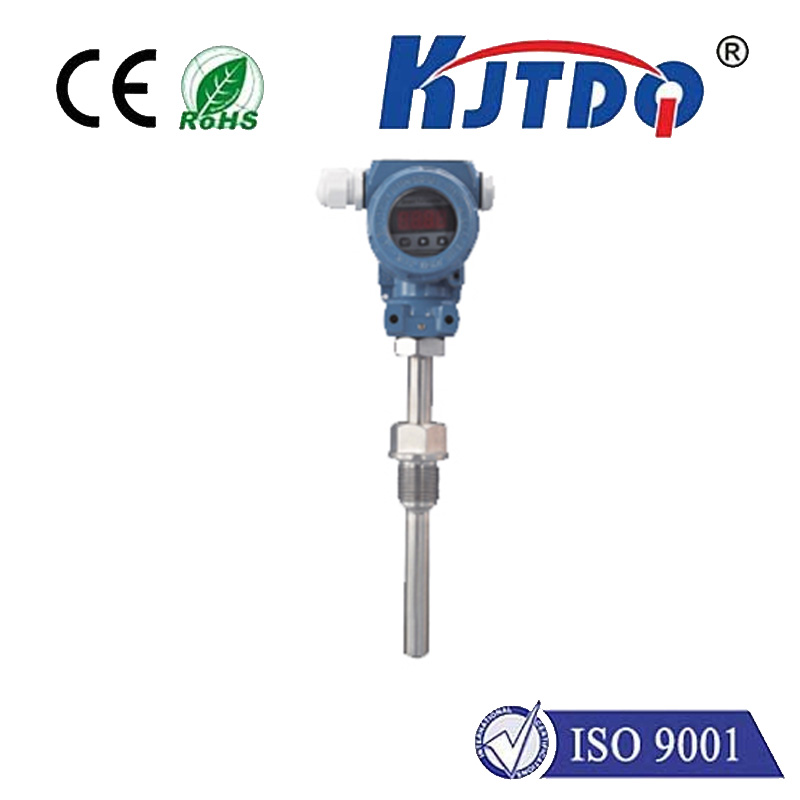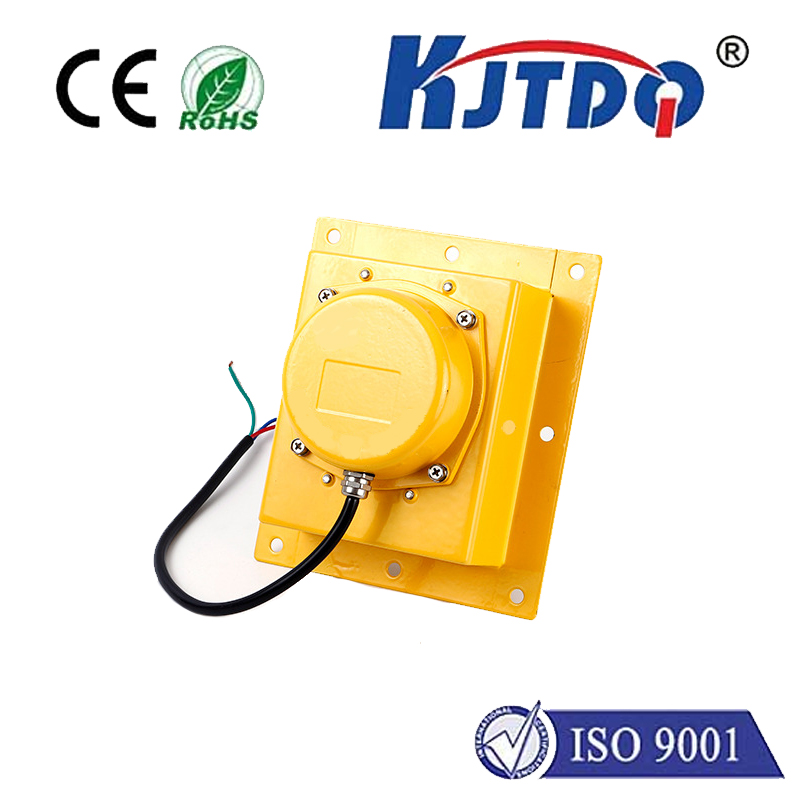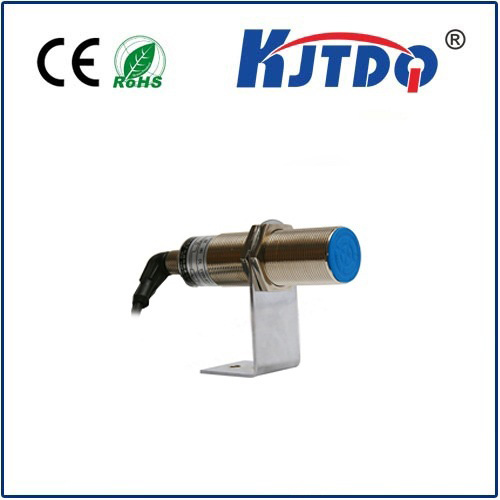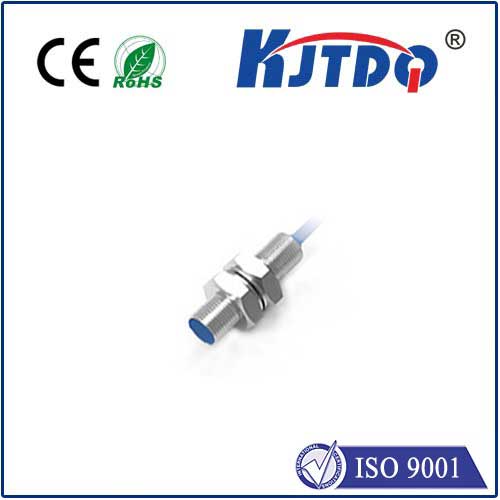

check

check

check

check

check

check

check

check

check

check
Photoelectric Cell Sensor: A Revolutionary Innovation in Technology
The advent of photoelectric cell sensors has brought a significant transformation in the world of technology. These advanced devices have revolutionized various industries, including automotive, healthcare, and environmental monitoring. In this article, we will delve into the fascinating world of photoelectric cell sensors and explore their applications, benefits, and future prospects.
What is a Photoelectric Cell Sensor?
A photoelectric cell sensor is an electronic device that detects changes in light intensity. It comprises two essential components: a photocell or photodiode, which converts light energy into electrical signals, and a control circuit that processes these signals to produce a desired output. These sensors are designed to respond rapidly to changes in light intensity, making them highly sensitive and accurate.

Applications of Photoelectric Cell Sensors
Photoelectric cell sensors have found numerous applications across various fields. They are commonly used in automotive industry for automatic headlight control, daytime running lights, and rain-sensing wipers. In healthcare, they play a crucial role in pulse oximeters, which measure oxygen saturation levels in the blood. Environmental monitoring is another area where photoelectric cell sensors excel, as they help detect air pollutants and measure sunlight intensity for solar energy systems.
Benefits of Photoelectric Cell Sensors
One of the primary advantages of photoelectric cell sensors is their high sensitivity and accuracy. They can detect even the slightest changes in light intensity, making them ideal for applications requiring precise measurements. Additionally, they are relatively simple to install and maintain, reducing overall costs associated with their use. Moreover, photoelectric cell sensors have a long lifespan and low power consumption, making them an eco-friendly choice for many industries.
Future Prospects of Photoelectric Cell Sensors
The demand for photoelectric cell sensors is expected to grow exponentially in the coming years. Advancements in technology will lead to the development of more compact and efficient sensors with improved performance. Furthermore, the integration of photoelectric cell sensors with other technologies such as artificial intelligence (AI) and machine learning will create new opportunities for innovative applications across diverse fields.
Conclusion
In conclusion, photoelectric cell sensors represent a revolutionary innovation in technology that has transformed various industries and opened up new possibilities for further advancements. With its numerous applications, benefits, and promising future prospects, it is evident that the photoelectric cell sensor will continue to play a vital role in shaping our technological landscape. As we witness the growth of smarter and more connected devices, the integration of photoelectric cell sensors will undoubtedly contribute to creating a more efficient and sustainable future for us all.
